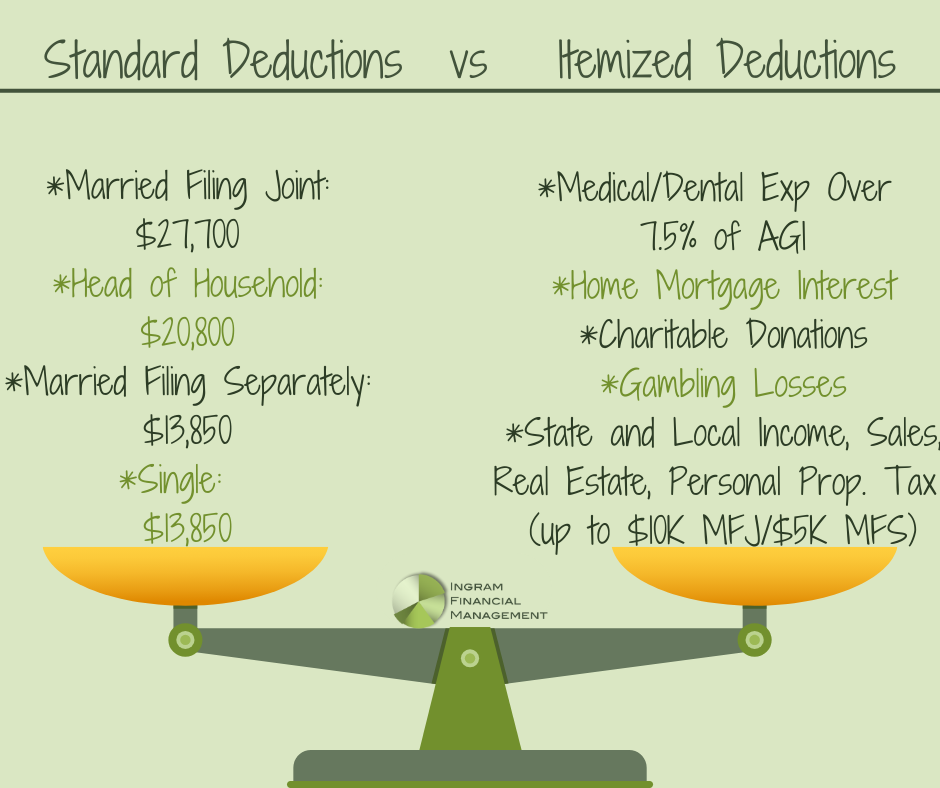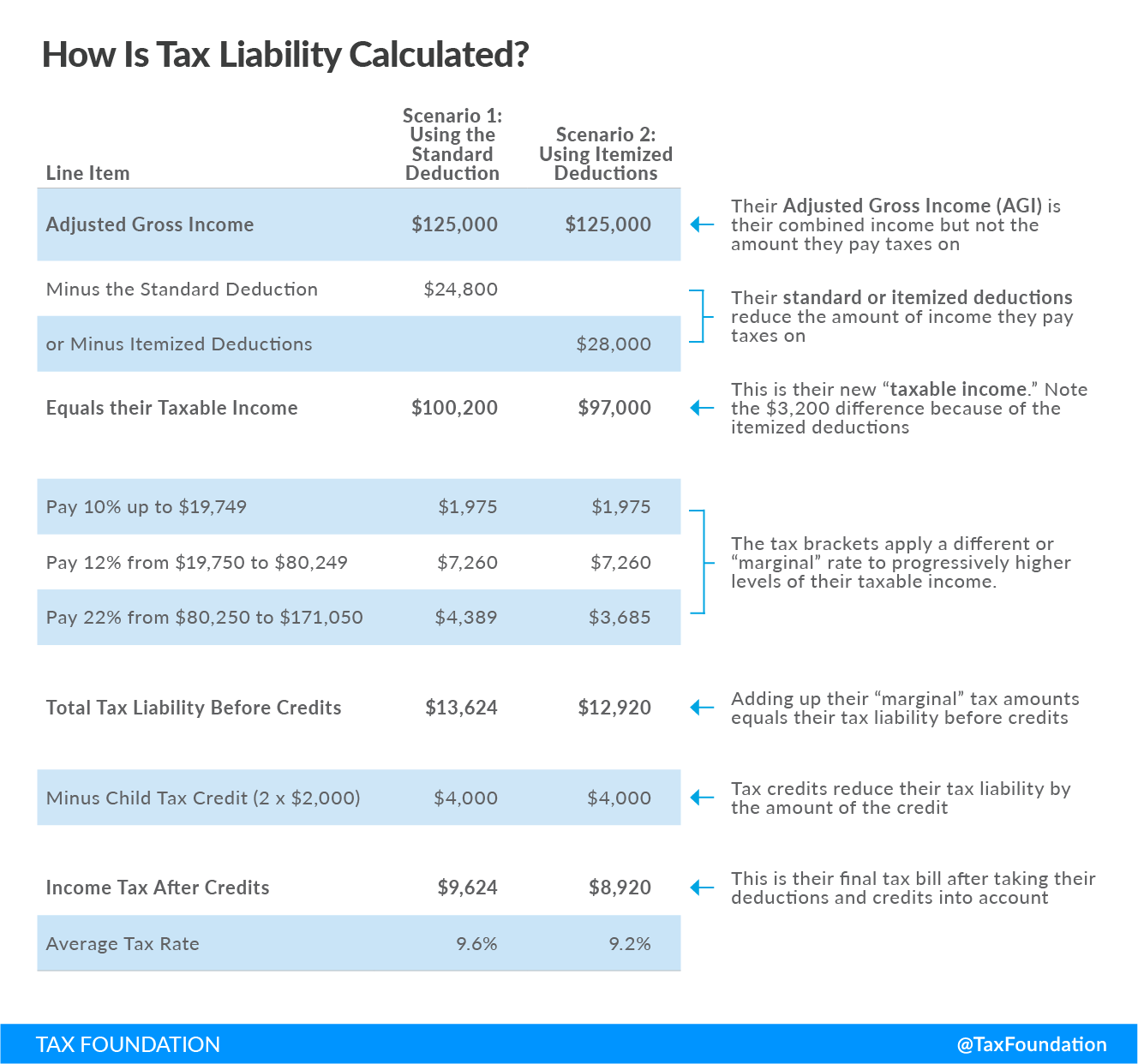A practical walkthrough on calculating the FEIE Standard Deduction
Wiki Article
Comprehending the Foreign Earned Revenue Exemption and Its Impact on Your Conventional Deduction
The Foreign Earned Earnings Exclusion (FEIE) offers considerable advantages for expatriates, enabling them to leave out a section of their foreign-earned revenue from united state taxes. Declaring the FEIE can make complex one's tax obligation situation, specifically relating to the conventional deduction. Understanding this communication is important for individuals living abroad. As migrants browse these intricacies, they should think about how their choices affect their general tax obligation responsibility. What methods can they employ to enhance their economic outcomes?What Is the Foreign Earned Revenue Exclusion (FEIE)?
The Foreign Earned Revenue Exclusion (FEIE) works as a crucial tax advantage for U.S. citizens and resident aliens working abroad. This provision enables qualified people to exclude a substantial section of their foreign-earned income from united state taxes, effectively lowering their total tax obligation concern. The FEIE intends to minimize the economic pressure on expatriates and urges Americans to go after job opportunity in foreign markets. The exemption relates to wages, salaries, and professional costs earned while living in an international country. The maximum exclusion amount is changed every year for rising cost of living, making certain that it continues to be relevant to existing financial problems. By using the FEIE, expatriates can preserve even more of their income, promoting monetary stability while living overseas. On the whole, the FEIE plays a crucial function fit the financial landscape for Americans abroad, assisting in a smoother change to global workplace and advertising financial engagement on a worldwide scale.Eligibility Requirements for the FEIE
Eligibility for the Foreign Earned Income Exclusion (FEIE) is contingent upon conference certain requirements set by the Irs (INTERNAL REVENUE SERVICE) Primarily, people have to be united state citizens or resident aliens that gain income while living in an international nation. To certify, they need to satisfy either key tests: the Physical Presence Examination or the Bona Fide Residence Examination.The Physical Visibility Test calls for people to be literally existing in a foreign country for at the very least 330 complete days within a 12-month duration - FEIE Standard Deduction. Alternatively, the Authentic Home Examination necessitates that people develop residency in an international country for an uninterrupted period that consists of a whole tax year
Furthermore, the earnings must be acquired from individual solutions executed in the foreign nation. Meeting these requirements enables taxpayers to omit a significant part of their foreign-earned revenue from united state taxation, therefore decreasing their overall tax obligation liability.
Just how to Claim the FEIE

To start the process, people ought to gather documents that verify their international profits, such as pay stubs, tax returns from international nations, and any relevant employment agreement. It is very important to assure all revenue claimed under the FEIE is made from international sources and fulfills the needed limits.
Furthermore, taxpayers should think about submitting due dates and any possible extensions. Declaring the FEIE properly not only assists in reducing tax liability however additionally ensures compliance with IRS policies. Proper paperwork and adherence to standards are important for an effective insurance claim of the Foreign Earned Income Exclusion.
The Communication Between FEIE and Standard Reduction
The communication in between the Foreign Earned Revenue Exclusion (FEIE) and the typical deduction is a crucial aspect of tax planning for expatriates. Comprehending the basic principles of FEIE, together with the restrictions of the basic reduction, can significantly affect tax declaring techniques. This section will certainly discover these aspects and their ramifications for taxpayers living abroad.FEIE Basics Discussed
While many migrants seek to lower their tax obligation burden, understanding the interaction in between the Foreign Earned Revenue Exclusion (FEIE) and the typical deduction is crucial. The FEIE permits U.S. residents and resident aliens living abroad to leave out a particular amount of foreign earned income from united state taxation. This exclusion can considerably reduce taxed income, potentially affecting qualification for other reductions, such as the common reduction. Incredibly, individuals who declare the FEIE can not additionally take the common deduction versus the omitted income. Therefore, expatriates need to meticulously assess their total income and reductions to maximize their tax obligation circumstance. Recognition of these communications can cause more educated financial decisions and far better tax obligation approaches for migrants guiding via their one-of-a-kind circumstances.Requirement Deduction Limitations
Understanding the restrictions of the basic reduction in regard to the Foreign Earned Earnings Exclusion (FEIE) is essential for expatriates maneuvering their tax responsibilities. While the FEIE permits certifying individuals to exclude a specific amount of foreign-earned revenue from U.S. taxes, it can affect the standard reduction they are qualified to insurance claim. Specifically, taxpayers that claim the FEIE can not additionally claim the standard deduction on that particular left out earnings. Furthermore, if an expatriate's overall earnings drops below the basic deduction limit, they might not take advantage of it whatsoever. This interaction requires mindful preparation to maximize tax advantages, as underutilizing the standard reduction can bring about greater taxed revenue and enhanced tax obligation liability. Comprehending these constraints is critical for effective tax obligation strategy.Tax Declaring Implications
Steering the tax obligation filing effects of the Foreign Earned Income Exemption (FEIE) calls for cautious consideration of just how it engages with the standard deduction. Taxpayers using the FEIE can omit a substantial section of their foreign-earned earnings, however this exclusion impacts their qualification for the conventional deduction. Particularly, if an individual insurance claims the FEIE, they can not additionally declare the common deduction for that earnings. This can lead to a reduced total tax obligation obligation however might make complex the declaring process. browse around these guys Additionally, taxpayers must guarantee compliance with internal revenue service requirements when submitting Kind 2555 for the FEIE. Comprehending these communications is important for maximizing tax obligation advantages while preventing possible risks in the filing procedure. Careful preparation can take full advantage of benefits and lessen obligations.Prospective Tax Obligation Effects of Using the FEIE
The Foreign Earned Income Exemption (FEIE) supplies considerable tax advantages for U.S. residents working abroad, but it additionally comes with potential effects that require mindful factor to consider. One significant repercussion is the influence on qualification for specific tax credit scores and deductions. By choosing to utilize the FEIE, taxpayers might inadvertently minimize their adjusted gross income, which can restrict access to credit histories like the Earned Revenue Tax obligation Credit history or decrease the quantity browse around this site of basic deduction readily available.
In addition, people who utilize the FEIE may deal with difficulties when returning to the united state tax obligation system, particularly concerning the taxes of future income. The exemption applies only to gained revenue, indicating various other earnings kinds, such as dividends or interest, stay taxed. This distinction requires precise record-keeping to guarantee compliance. Ultimately, the FEIE might influence state tax obligation responsibilities, as some states do not identify the exemption and might strain all revenue gained by their residents, no matter where it is gained.
Tips for Optimizing Your Tax Obligation Advantages While Abroad
While functioning abroad can be enriching, it also offers distinct opportunities to enhance tax benefits. To optimize these advantages, people need to first identify their qualification for the Foreign Earned Income Exclusion (FEIE) and take into consideration the physical existence test or the bona fide home examination. Maintaining comprehensive records of all earnings made and expenses incurred while overseas is crucial. This paperwork supports insurance claims for reductions and credits.In addition, comprehending the tax treaties in between the USA and the host nation can help stay clear of double taxation. People need to also check out payments to tax-advantaged accounts, such as Individual retirement accounts, which may give more reductions.

Finally, seeking advice from a tax obligation specialist specializing in expatriate tax obligation regulation can supply customized methods and assurance compliance with both U.S. and foreign tax obligations. By taking these actions, migrants can efficiently boost their monetary circumstance while living abroad.
Often Asked Inquiries
Can I Utilize FEIE if I Help an International Government?
Yes, a person can make use of the Foreign Earned Revenue Exemption (FEIE) while functioning for a foreign federal government, offered they fulfill the requisite conditions outlined by the internal revenue service, consisting of the physical presence or authentic home tests.
Does FEIE Put On Self-Employment Revenue?
The Foreign Earned Earnings Exclusion (FEIE) does relate to self-employment revenue, offered the individual satisfies the essential needs. Qualified freelance people can exclude certifying earnings earned while residing in an international country from taxes.Suppose My Foreign Income Goes Beyond the FEIE Restriction?
If international earnings surpasses the FEIE restriction, the excess quantity might go through U.S. taxes. Taxpayers should report and pay taxes on the revenue above the exemption limit while still taking advantage of the exemption.Can I Assert the FEIE and Itemize Reductions?
Yes, people can declare the Foreign Earned Earnings Exemption (FEIE) while additionally detailing deductions. They need to be conscious that declaring the FEIE may impact the accessibility of specific itemized deductions on their tax obligation return.
Just How Does FEIE Impact My State Tax Obligations?
The Foreign Earned Earnings Exclusion can reduce state tax commitments, as several states adhere to government guidelines. However, specific state policies vary, so it's important to seek advice from state tax regulations for details effects on tax responsibilities.The Foreign Earned Income Exemption (FEIE) provides substantial advantages for expatriates, allowing them to leave out a part of their foreign-earned earnings from U.S. taxation. While several migrants seek to decrease their tax concern, understanding the interaction in between the Foreign Earned Income Exemption (FEIE) and the common reduction is important. Recognizing the limitations of the typical reduction in connection to the Foreign Earned Income Exemption (FEIE) is vital for expatriates steering their tax obligation obligations. Get More Info The exemption uses only to made income, meaning other revenue kinds, such as returns or rate of interest, stay taxable. The Foreign Earned Earnings Exclusion (FEIE) does apply to self-employment revenue, offered the specific fulfills the required needs.
Report this wiki page